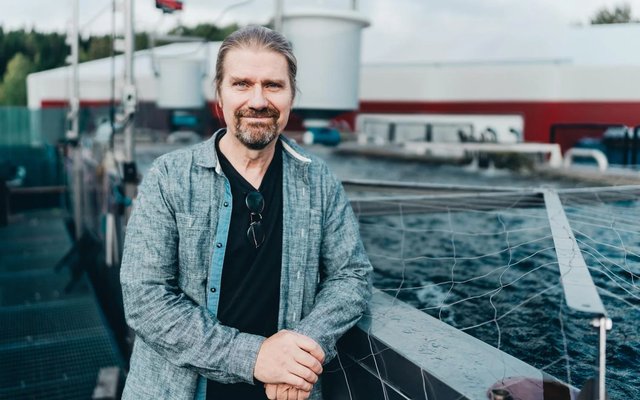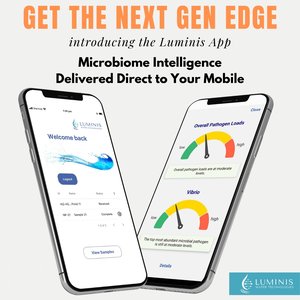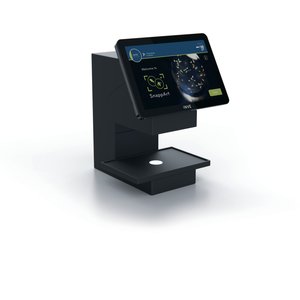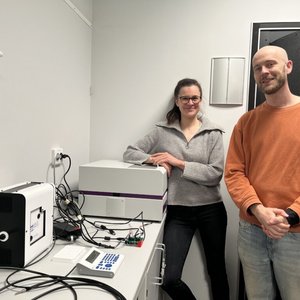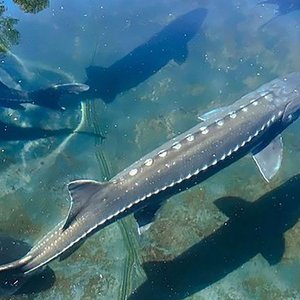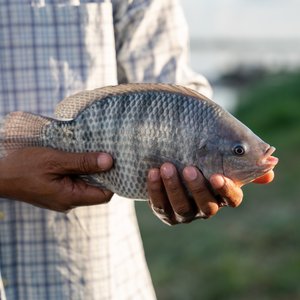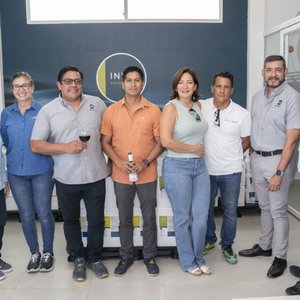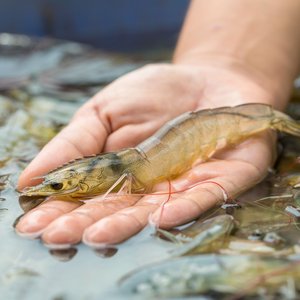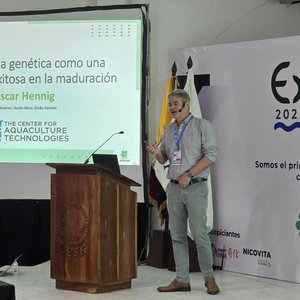Natural Resources Institute of Finland (Luke) has developed a Partial air-driven Recirculation Aquaculture System (PaRAS) and the spin-off PaRAS Aqua now aims to implement the technology across the world. The system is a cost-effective and flexible method to produce high-quality fish with minimum environmental impact.
“PaRAS solves many problems associated with RAS and enables production to be more competitive than at present,” said Tapio Kiuru, senior aquaculture expert, who will transfer from Luke to PaRAS Aqua.
The new modular and lighter RAS technology has already attracted broad interest both nationally and internationally. As Finland’s most recent farm projects have been based on foreign technologies, a Finnish company offering Finnish technology is more than welcome to the market.
“Our goal is to become a major international player, but we will start by gaining a foothold in Finland because here we have the home-field advantage. However, internationalization is vital for our company,” Kiuru said.
The food technology fund Nordic Foodtech VC is the lead investor for the startup. “We are really pleased to pave the way for this innovation. Currently fish is in high demand and also highly nutritious, but growing it at sea is not without problems from an environmental point of view. A recirculation aquaculture solution minimizes environmental impact and the PaRAS concept carries the RAS technology significant leaps forward,” said Pekka Siivonen-Uotila from Nordic Foodtech.
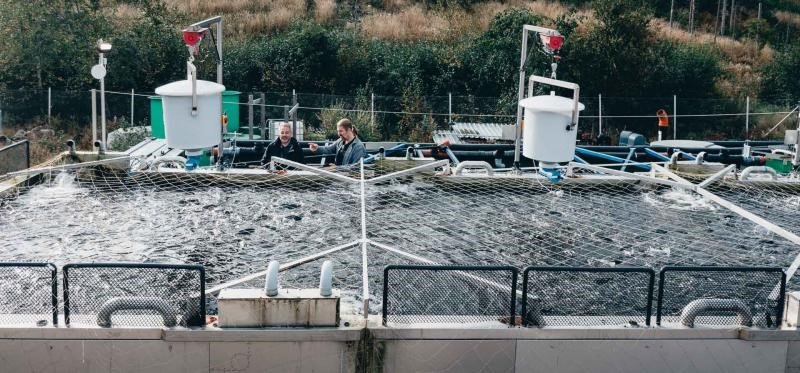
A modular farm is quick to set up, and its size can be easily increased as required. Credits: Luke
More effective production at lower costs
The PaRAS concept features several innovations that help reduce equipment procurement and operating costs and increase production output. A fish farm based on the PaRAS concept consumes significantly less energy than current RAS farms, and its feed efficiency is improved even by tens of percent.
A modular farm is quick to set up, and its size can be easily increased as required. Establishing a farm does not require as extensive groundwork as current solutions, as no underground pipes are used.
The solution is also highly effective in terms of the space required. Water treatment has been integrated into the tank wall structures, and no expensive and space-consuming bioreactors are needed. Furthermore, the off-flavor risks associated with bioreactors have been eliminated, which is why fish fasting is not required before sales. As a result, more fish are available for sale and no separate fasting tanks are required.
Luke has tested and developed the PaRAS concept for four years, producing more than 30 tons of fish. Business Finland’s Research to Business funding helped finalize the concept for commercialization.


